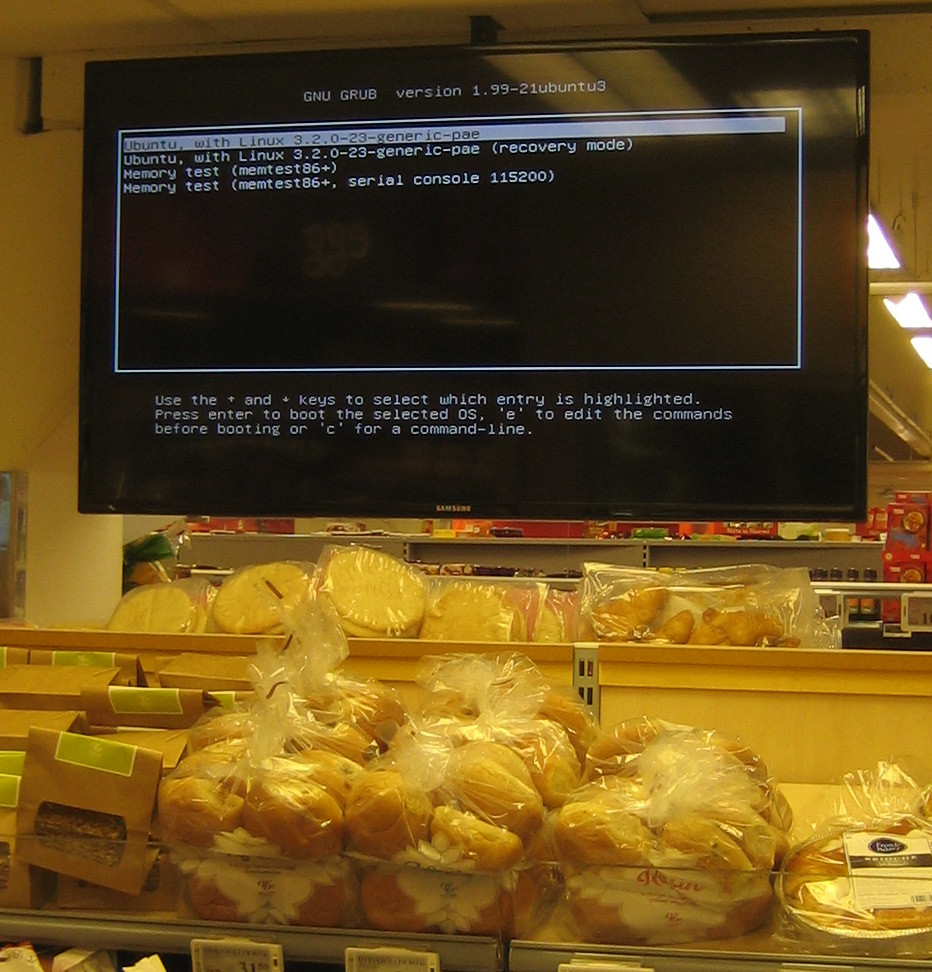I am happy to report that I on behalf of the Debian Edu team just sent out this announcement:
The Debian Edu Team is pleased to announce the release of Debian Edu Jessie 8.0+edu0~alpha0 Debian Edu is a complete operating system for schools. Through its various installation profiles you can install servers, workstations and laptops which will work together on the school network. With Debian Edu, the teachers themselves or their technical support can roll out a complete multi-user multi-machine study environment within hours or a few days. Debian Edu comes with hundreds of applications pre-installed, but you can always add more packages from Debian. For those who want to give Debian Edu Jessie a try, download and installation instructions are available, including detailed instructions in the manual[1] explaining the first steps, such as setting up a network or adding users. Please note that the password for the user your prompted for during installation must have a length of at least 5 characters! [1] <URL: https://wiki.debian.org/DebianEdu/Documentation/Jessie > Would you like to give your school's computer a longer life? Are you tired of sneaker administration, running from computer to computer reinstalling the operating system? Would you like to administrate all the computers in your school using only a couple of hours every week? Check out Debian Edu Jessie! Skolelinux is used by at least two hundred schools all over the world, mostly in Germany and Norway. About Debian Edu and Skolelinux =============================== Debian Edu, also known as Skolelinux[2], is a Linux distribution based on Debian providing an out-of-the box environment of a completely configured school network. Immediately after installation a school server running all services needed for a school network is set up just waiting for users and machines being added via GOsa², a comfortable Web-UI. A netbooting environment is prepared using PXE, so after initial installation of the main server from CD or USB stick all other machines can be installed via the network. The provided school server provides LDAP database and Kerberos authentication service, centralized home directories, DHCP server, web proxy and many other services. The desktop contains more than 60 educational software packages[3] and more are available from the Debian archive, and schools can choose between KDE, Gnome, LXDE, Xfce and MATE desktop environment. [2] <URL: http://www.skolelinux.org/ > [3] <URL: http://www.hungry.com/~pere/blog/Educational_applications_included_in_Debian_Edu___Skolelinux__the_screenshot_collection____.html > Full release notes and manual ============================= Below the download URLs there is a list of some of the new features and bugfixes of Debian Edu 8.0+edu0~alpha0 Codename Jessie. The full list is part of the manual. (See the feature list in the manual[4] for the English version.) For some languages manual translations are available, see the manual translation overview[5]. [4] <URL: https://wiki.debian.org/DebianEdu/Documentation/Jessie/Features > [5] <URL: http://maintainer.skolelinux.org/debian-edu-doc/ > Where to get it --------------- To download the multiarch netinstall CD release (624 MiB) you can use * ftp://ftp.skolelinux.org/skolelinux-cd/debian-edu-8.0+edu0~alpha0-CD.iso * http://ftp.skolelinux.org/skolelinux-cd/debian-edu-8.0+edu0~alpha0-CD.iso * rsync -avzP ftp.skolelinux.org::skolelinux-cd/debian-edu-8.0+edu0~alpha0-CD.iso . The SHA1SUM of this image is: 361188818e036ce67280a572f757de82ebfeb095 New features for Debian Edu 8.0+edu0~alpha0 Codename Jessie released 2014-10-27 =============================================================================== Installation changes -------------------- * PXE installation now installs firmware automatically for the hardware present. Software updates ---------------- Everything which is new in Debian Jessie 8.0, eg: * Linux kernel 3.16.x * Desktop environments KDE "Plasma" 4.11.12, GNOME 3.14, Xfce 4.10, LXDE 0.5.6 and MATE 1.8 (KDE "Plasma" is installed by default; to choose one of the others see manual.) * the browsers Iceweasel 31 ESR and Chromium 38 * !LibreOffice 4.3.3 * GOsa 2.7.4 * LTSP 5.5.4 * CUPS print system 1.7.5 * new boot framework: systemd * Educational toolbox GCompris 14.07 * Music creator Rosegarden 14.02 * Image editor Gimp 2.8.14 * Virtual stargazer Stellarium 0.13.0 * golearn 0.9 * tuxpaint 0.9.22 * New version of debian-installer from Debian Jessie. * Debian Jessie includes about 42000 packages available for installation. * More information about Debian Jessie 8.0 is provided in the release notes[6] and the installation manual[7]. [6] <URL: http://www.debian.org/releases/jessie/releasenotes > [7] <URL: http://www.debian.org/releases/jessie/installmanual > Fixed bugs ---------- * Inserting incorrect DNS information in Gosa will no longer break DNS completely, but instead stop DNS updates until the incorrect information is corrected (Debian bug #710362) * and many others. Documentation and translation updates ------------------------------------- * The Debian Edu Jessie Manual is fully translated to German, French, Italian, Danish and Dutch. Partly translated versions exist for Norwegian Bokmal and Spanish. Other changes ------------- * Due to new Squid settings, powering off or rebooting the main server takes more time. * To manage printers localhost:631 has to be used, currently www:631 doesn't work. Regressions / known problems ---------------------------- * Installing LTSP chroot fails with a bug related to eatmydata about exim4-config failing to run its postinst (see Debian bug #765694 and Debian bug #762103). * Munin collection is not properly configured on clients (Debian bug #764594). The fix is available in a newer version of munin-node. * PXE setup for Main Server and Thin Client Server setup does not work when installing on a machine without direct Internet access. Will be fixed when Debian bug #766960 is fixed in Jessie. See the status page[8] for the complete list. [8] <URL: https://wiki.debian.org/DebianEdu/Status/Jessie > How to report bugs ------------------ <URL: http://wiki.debian.org/DebianEdu/HowTo/ReportBugs > About Debian ============ The Debian Project was founded in 1993 by Ian Murdock to be a truly free community project. Since then the project has grown to be one of the largest and most influential open source projects. Thousands of volunteers from all over the world work together to create and maintain Debian software. Available in 70 languages, and supporting a huge range of computer types, Debian calls itself the universal operating system. Contact Information For further information, please visit the Debian web pages[9] or send mail to press@debian.org. [9] <URL: http://www.debian.org/ >
